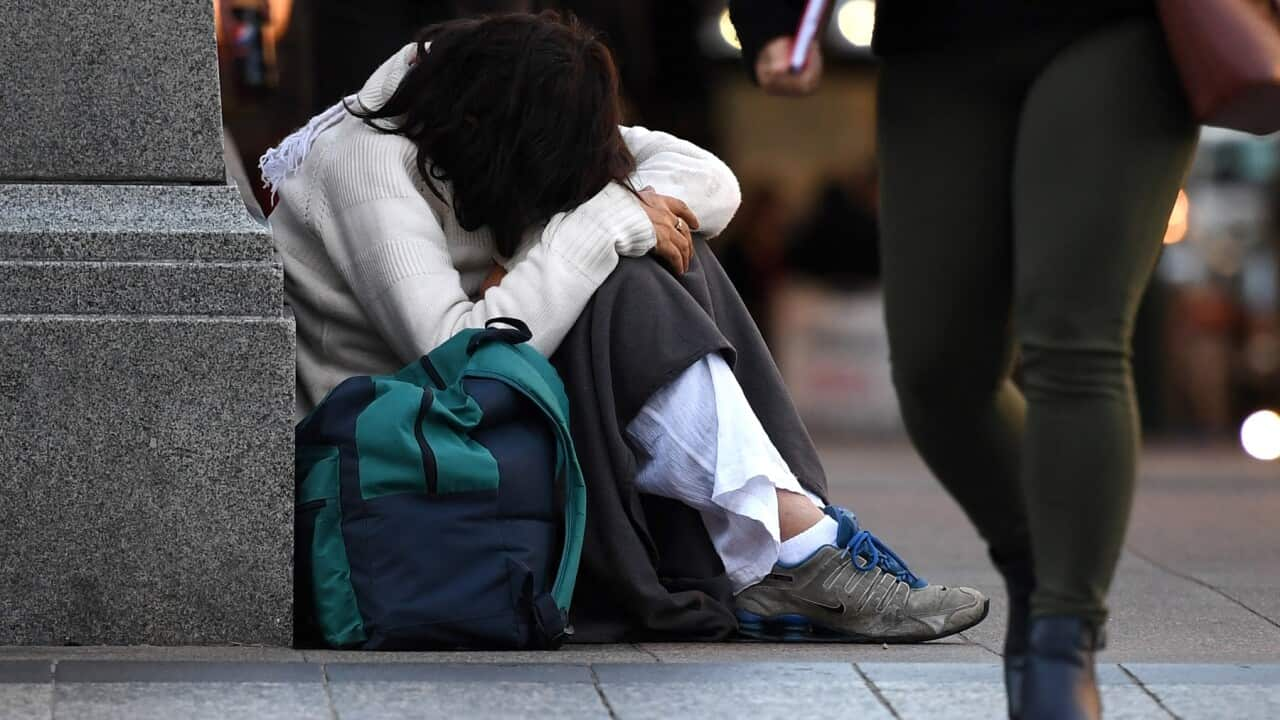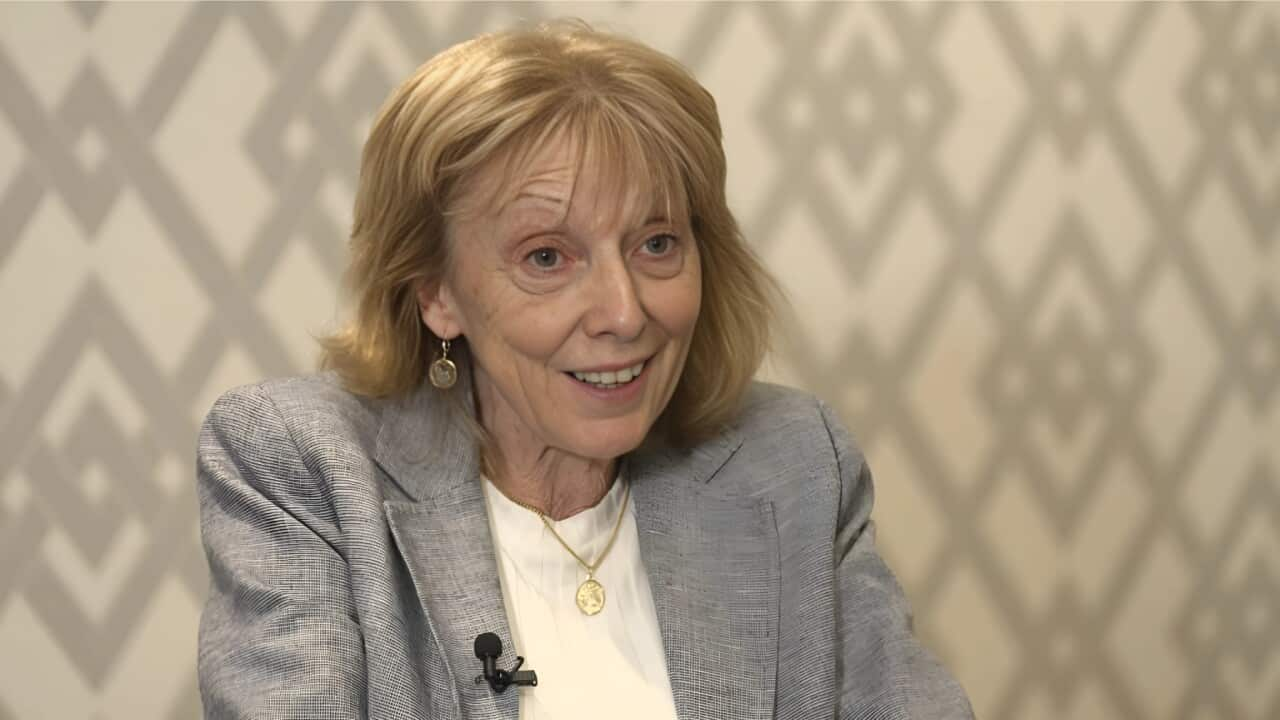TRANSCRIPT
In Sydney's inner west, Brigitte joins the queue for free breakfast.
After losing her job, she became homeless until recently.
But just as she secured a rental, almost all of her income is spent on the rent, and she has to come to charity for food.
"Everything is expensive - vegetables, the meat, the fish. And I come here to save money to buy other things - because I have to start over, you see? Because from homeless - nothing."
Brigitte is one of the growing number of Australians who have to turn to charity for help, due to the ongoing cost of living crisis in the past three years.
According to a report by Food Bank last year, 3.4 million Australian households are experiencing food insecurity, and it has led to a heightened demand for charity services.
Reverend Bill Crews runs a free restaurant in Sydney's inner west. He has first-hand observation on the matter.
"It’s been gobsmacking. It looks like a 61-year-old woman, sitting in the restaurant going: “I used to walk past your place and look at all the poor buggers on the queue, and I never thought it would be me.” And I hear that probably once or twice every day."
But the growing demand isn't the most surprising for Reverend Crews.
"Not in the least. The battle’s between food and medicine, food and rent, food and school equipment."
After serving the breakfast in Sydney's inner west, Reverend Crews' team drives to Sydney's south west.
As the team finishes setting up, a long queue has formed outside the kitchen, with over 100 meals being distributed in less than an hour.
Among those who lined up are children who come along with their families.
"We could go anywhere and just whistle and we’d have queues like we had today. The need is bottomless."
As demand for charity services grow exponentially, some charities also struggle with maintaining operations, due to inflation and decreased donation, as people now tightened their wallets.
A survey by the Community Council for Australia last year found that one in three Australian charities may have to wind back services in 2025, due to growing demand for services and increasing operation costs.
Last week, Australia reveals the latest Consumer Price Index, showing the annual figure lower than forecast at 2.4 per cent in the last quarter.
As the federal election is approaching, both major parties are pitching their own cost of living policies to appeal to voters.
Labor says it's given everyone a tax cut and made childcare cheaper, while the Liberals promises to lower inflation by reining in government spending,
But Reverend Crews, who's been working in charity sector for over forty years, has a different idea.
"Number one - housing. Housing housing housing housing housing. It’s not just a failure of this government, or the previous government, it’s a failure of a succession of governments over decades."
The Reserve bank will meet in two weeks to discuss the interest rate.
With the inflation cool down in the last quarter, some economists are expecting a possible rate cut in the upcoming meeting.













